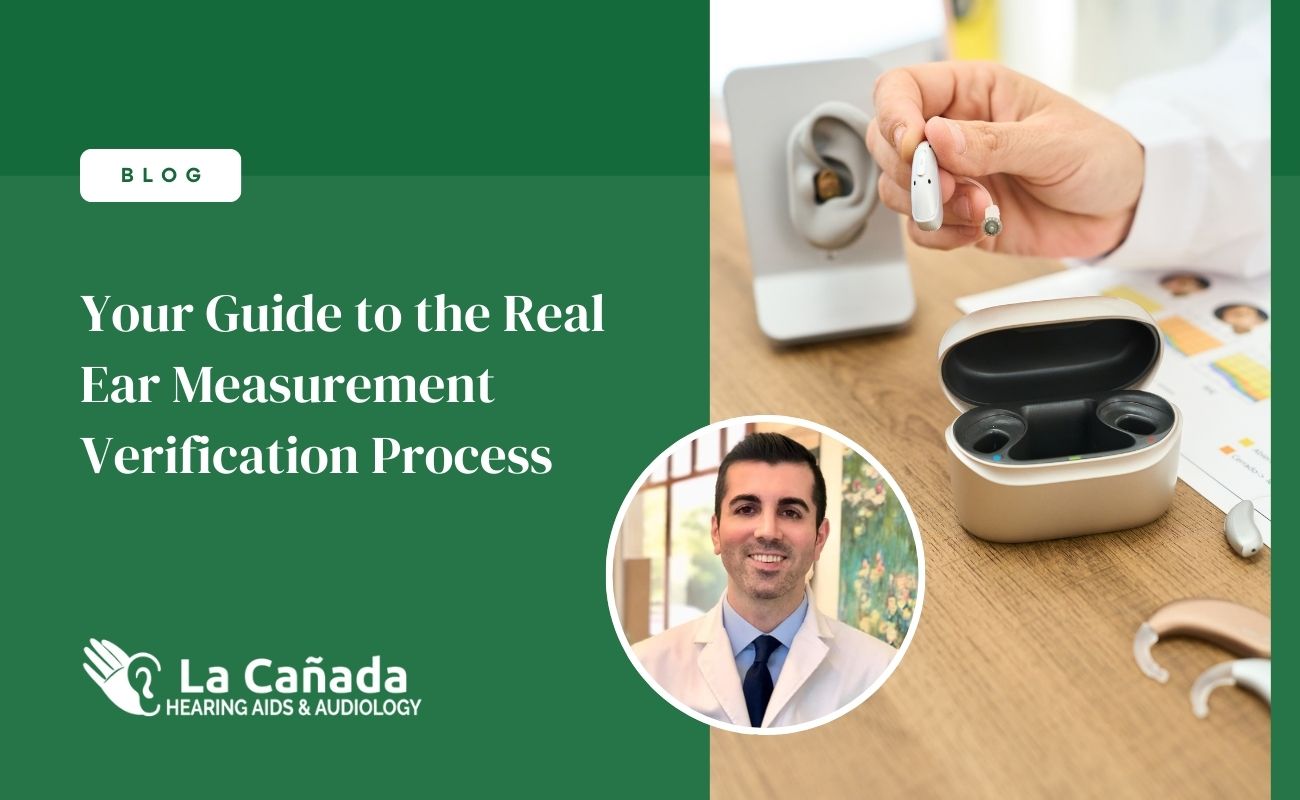One important task of an audiologist is to assess your hearing and help you choose the most appropriate hearing aids for your hearing loss, lifestyle and budget. As a Doctor of Audiology, I use my experience treating others with hearing loss to help guide you in your decision. Below are some of the factors that are considered when recommending a hearing solution.
Your Hearing Loss
Before making a recommendation, we will test your hearing to determine the type and severity of the impairment. This is important because some hearing aids have features that address certain types of hearing losses better. Here are a few hearing loss characteristics that must be considered
Type of Loss
- Sensorineural - the most common type of hearing loss where hair cells in the inner ear have been damaged
- Conductive - typically a physical blockage or problem of some kind (eardrum, wax, otosclerosis, etc)
- Mixed - a combination of sensorineural and conductive losses
Severity of Loss
- Mild
- Moderate
- Severe
- Profound
Type of Slope
- Reverse slope - characterized by better hearing in the high frequencies (more rare)
- Flat - patient hears most frequencies at about the same level
- Sloping - high frequency hearing gets progressively worse
- Ski-slope - a hearing loss characterizes by a quick and dramatic drop in high frequency hearing
Certain hearing aids and hearing aid technologies address specific issues related to these hearing loss types. For example, we might choose a hearing aid with frequency compression (also known as frequency lowering) for someone with a ski-slope hearing loss.
Your Lifestyle
Your lifestyle is one of the most important factors when choosing a hearing aid. There are a few features that may be more important to some patients than others.
Bluetooth - Most hearing aids today have bluetooth capabilities, but did you know that the type of smartphone you own could impact your hearing aid selection? While almost all hearing aids have direct streaming with Apple iPhones (iOS), only some hearing aids have the same capability with Android phones.
Rechargeability - Many hearing aid models have a rechargeable option. Rechargeable hearing aids are more convenient for some people because they eliminate the need for regular removal and replacement of tiny batteries.
Your Budget
We understand that our patients have different budgets and we do our best to accommodate any and all financial situations. Each hearing aid manufacturer produces their hearing aids at different technology levels and these technology levels come at different price points. When discussing your options with you, we present the various product tiers and explain the differences, so you can decide what will work best for you and your budget.
Other considerations
Reliability - If you tend to sweat a lot or work in a profession that exposes you to heat often, we might take this into consideration when choosing a hearing aid. Some hearing aids have better moisture protection and are rated higher for water resistance.
Remote programming - Many of today's hearing aid manufacturers have a remote fitting app that allows your audiologist to make adjustments without you visiting the office. We have a lot of experience with remote hearing aid programming and some brands have better virtual care (telehealth) software.
Dr. Ivory's top choices
While La Canada Hearing Aids & Audiology offers almost all brands of hearing aids, we tend to fit more Oticon and Starkey hearing aids for their durability, speech clarity in the presence of background noise, long lasting rechargeable options, and consistent and stable bluetooth connectivity. Our patients have had more success with those products in most cases, but we do consider other popular options like the Phonak Marvel and others, when appropriate. If you are wondering what hearing aids might be right for you, schedule an appointment in our La Canada office today.

.png)
.webp)





